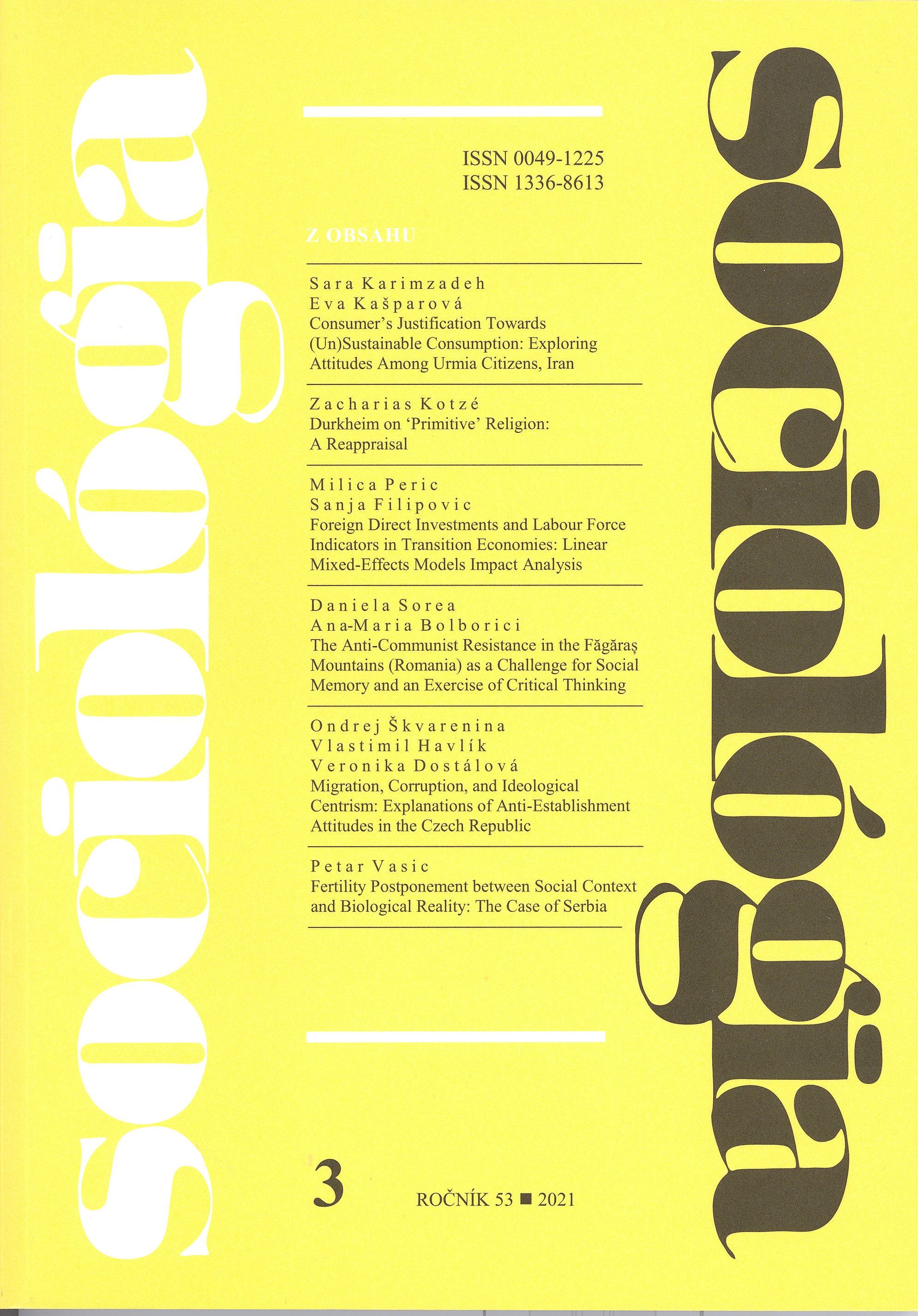Foreign Direct Investments and Labour Force Indicators in Transition Economies: Linear Mixed-Effects Models Impact Analysis
Foreign Direct Investments and Labour Force Indicators in Transition Economies: Linear Mixed-Effects Models Impact Analysis
Author(s): Milica Perić, Sanja FilipovićSubject(s): Sociology, Sociology of the arts, business, education, Socio-Economic Research
Published by: Sociologický ústav - Slovenská akadémia vied
Keywords: Foreign direct investments; transition economies; employment; wages; income inequality; Subject classification codes: C12;E20; F21; F23; O40;
Summary/Abstract: Foreign Direct Investments and Labour Force Indicators in Transition Economies: Linear Mixed-Effects Models Impact Analysis. Main objective of this paper is to analyse the impact of foreign direct investments (FDI) on labour force in transition economies, through monitoring and quantification of selected labour force market indicators. This research analyses and discusses the effects of FDI inward flow on labour force indicators in transition economies from the economic and social point of view (i.e. quality of life of labour force). The paper argues that FDI inward flow should have a positive effect on labour force, through the increase of employment growth rate, wages, and reduction of income inequality. Data processing was done by applying Linear Mixed-Effects Models on 17 transition countries during the period 2000 – 2017. The findings show a positive and significant impact of FDI inward flow on employment rate and on wages and salaries, while the impact of FDI inward flow on income inequality is uncertain. Finally, there are policy and future research recommendations.
Journal: Sociológia - Slovak Sociological Review
- Issue Year: 53/2021
- Issue No: 3
- Page Range: 238-265
- Page Count: 28
- Language: English

